NIH Researchers Slow Immune Attack on Ovaries in Mice
In a study of mice, researchers have slowed an immune system attack on the ovaries. The mice developed a disorder resembling primary ovarian insufficiency (POI), a menopause-like condition that affects women under the age of 40, sometimes years or even decades before normal menopause. The study was conducted by scientists at the National Institutes of Health and the University of California, San Francisco (UCSF).
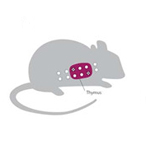
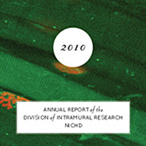
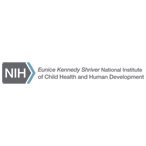

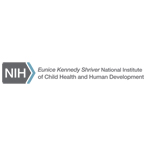
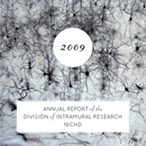
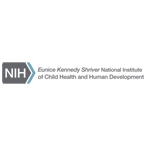
 BACK TO TOP
BACK TO TOP